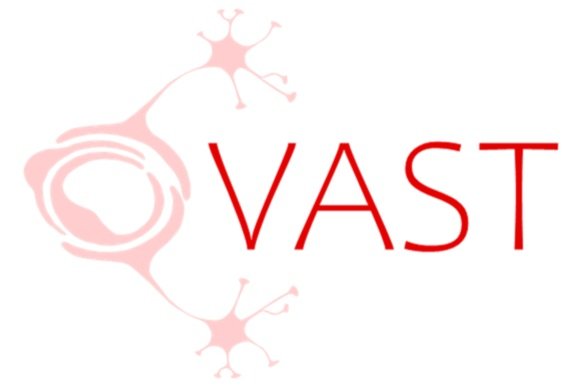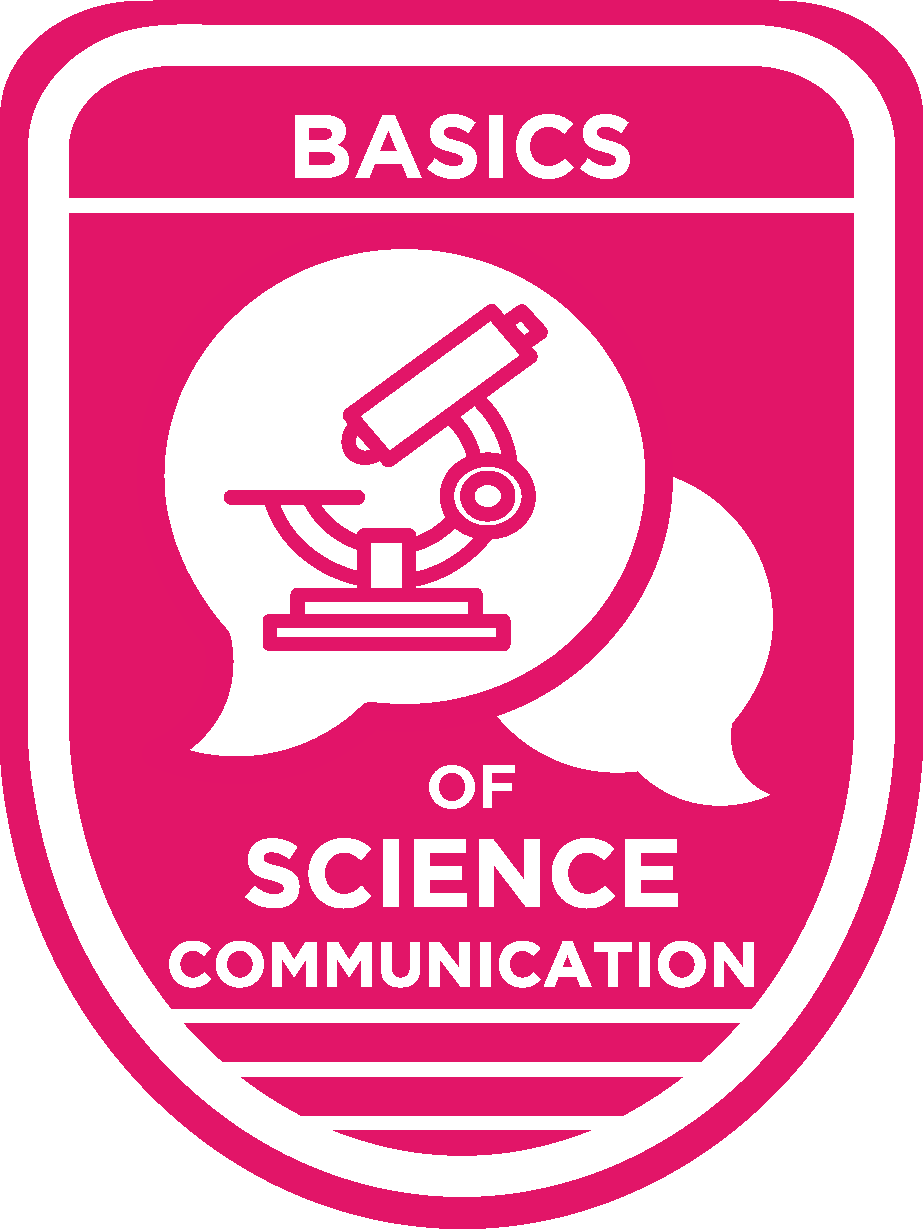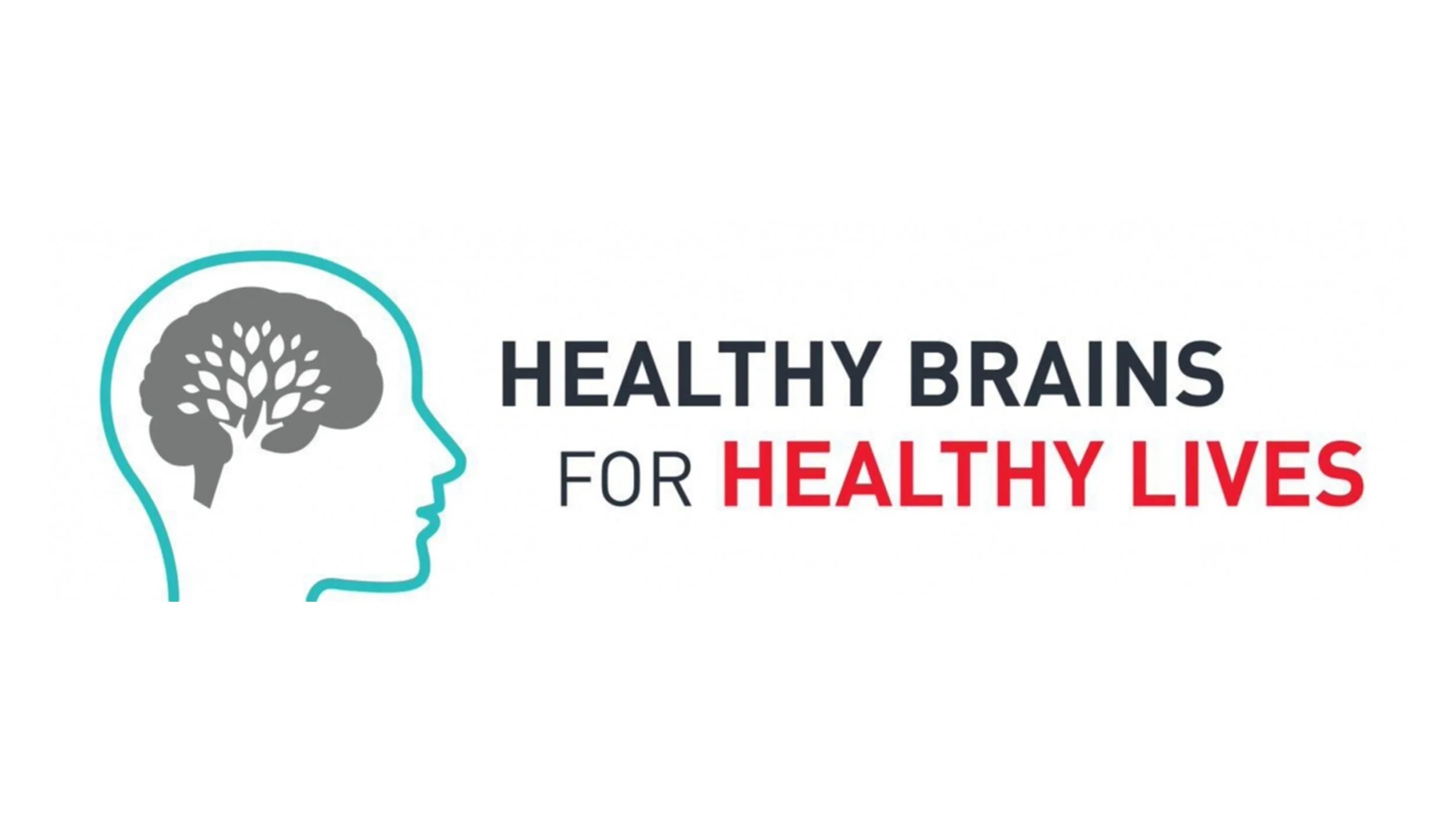
Local Initiatives
University of British Columbia
KxM Research to Impact Training Program
Skills, practices and tools for knowledge exchange and mobilization (KxM) is an eight-week training program designed for members of the UBC community — including faculty, post-doctoral fellows, graduate students, and researchers — whose research aims to create social impact through informing practice and policy and/or expanding public conversation.
University of Calgary
Research, Education and Leadership In Neuroscience (REALISE) Program
Training modules, community mentorship, and career encounters available to University of Calgary students
TENET Innovation to Commercialization (i2c) Program
The TENET i2c program provides funding and training to University of Calgary researchers, clinicians, postdocs, graduate students, and staff to transform their health research into a commercial product or service. Participants receive entrepreneurial training and coaching from the Hunter Hub and are matched with mentors from the greater innovation community. These resources equip participants with the knowledge and skills to pitch their ideas at a final competition at Inventures for a chance to win up to $100,000 to commercialize their product.
University of Calgary Science Communication Certificate Program
This program is an exciting training opportunity in science communication being offered to graduate students and post-docs at the University of Calgary. Each week is a different topic, including how to identify an audience, how to tell a story, writing for different audiences including the layman's abstract, writing for public consumption, visuals and graphics, oral communication and pitches, and social media.
University of Calgary Indigenous Research Support Team
The Indigenous Research Support Team (IRST) serves to provide the opportunity for Indigenous communities to connect with a research body that can help to facilitate and identify the endeavours they would like to explore. IRST will be the point of contact for all university researchers doing any work within the broader Indigenous landscape, including with Indigenous communities and on Indigenous lands.
McGill University
McGill Healthy Brains for Healthy Lives
HBHL aims to accelerate translational discoveries and create a global centre of excellence in neuroinformatics at McGill to improve brain health in Canada and around the world. HBHL includes a training program with fellowships, workshops, and a research day.
McGill Neurosphere
NeuroSphere is the McGill platform dedicated to innovation and partnership in neuroscience research. This dynamic entrepreneurship ecosystem for neuroscience and neuroinformatics helps high-potential projects to mature, accelerate and move forward towards commercialization. As an entrepreneurial one-stop shop for principal investigators and trainees, NeuroSphere provides the McGill neuroscience community with direct support, opportunities to drive innovation, and opportunities to connect.
Quebec
Quebec Bio-Imaging Network
One of the goals of QBIN is to organize a variety of meetings, seminars, workshops, and scientific days to (1) contribute to the transfer of knowledge and training of researchers, clinicians, postdoctoral trainees, and students from Quebec, and (2) encourage and facilitate collaboration between QBIN scientists, researchers from other FRQS networks, and the scientific community at the national and international levels.
Western University
Western University BrainsCAN
BrainsCAN is a cognitive and behavioral neuroscience research initiative that aims to transform the way brain diseases and disorders are understood, diagnosed and treated. BrainsCAN includes fellowships in medical innovation and collaborative research grants to catalyze interdisciplinary research.
Western Certificate in University Teaching and Learning
The goal of the Western Certificate in University Teaching and Learning (WCUTL) is to enhance the quality of teaching by graduate students and postdoctoral scholars, and to prepare them for a future faculty or professional career. The presentation and group facilitation skills gained while completing the Certificate will not only benefit participants in pursuit of a faculty position, but are also valued by employers in business, industry and other non-academic fields. Program participants receive a certificate and a letter of accomplishment after they complete the five certificate components.










